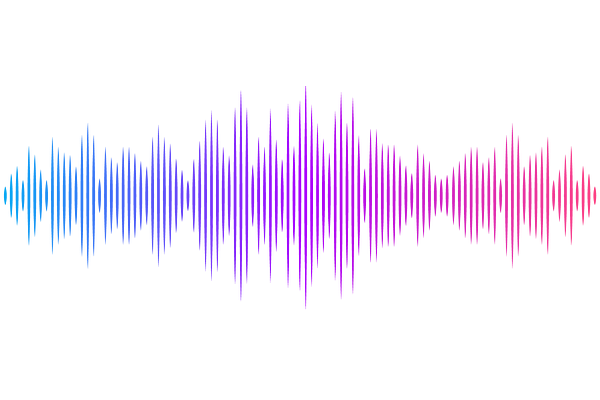Gravitational wave cosmology

Gravitational wave cosmology
Ligong Bian, Rong-Gen Cai, Yu-Qi Dong, Qing Gao, Yungui Gong, Zong-Kuan Guo, Qing-Guo Huang, Zhaofeng Kang, Li Li, Jing Liu, Lang Liu, Yu-Xiao Liu, Xuchen Lu, Zhi-Zhang Peng, Jin Qiao, Puxun Wu, Yue-Liang Wu, Jiang-Hao Yu, Chen Yuan, Chao Zhang, Tao Zhu
AbstractGravitational waves (GWs) originating from cosmological sources offer direct insights into the physics of the primordial Universe, the fundamental nature of gravity, and the cosmic expansion of the Universe. In this review paper, we present a comprehensive overview of our recent advances in GW cosmology, supported by the national key research and development program of China, focusing on cosmological GW sources and their implications for fundamental physics and cosmology. We first discuss the generation mechanisms and characteristics of stochastic gravitational wave backgrounds generated by physical processes occurred in the early Universe, including those from inflation, phase transitions, and topological defects, and summarize current and possible future constraints from pulsar timing array and space-based detectors. Next, we explore the formation and observational prospects of primordial black holes as GW sources and their potential connection to dark matter. We then analyze how GWs are affected by large-scale structure, cosmological perturbations, and possible modifications of gravity on GW propagation, and how these effects can be used to test fundamental symmetry of gravity. Finally, we discuss the application of GW standard sirens in measuring the Hubble constant, the expansion history, and dark energy parameters, including their combination with electromagnetic observations. These topics together show how GW observations, especially with upcoming space-based detectors, such as LISA, Taiji, and Tianqin, can provide new information about the physics of the early Universe, cosmological evolution, and the nature of gravity.